|
By Alexandra Few When you think of certain occupations, does a specific gender come to mind? If so, it happens to the majority of us, and there are a variety of reasons as to why this is. The way society has engrained certain beliefs has made our minds automatically associate certain genders, traits, or characteristics with something as neutral as an occupation. Due to these common associations, certain occupations have become male-dominated, hindering some women from applying to these fields due to a variety of reasons. These reasons can be anything from feelings of inferiority, being unskilled, or the fear of being the only female in their job. Below are examples of THREE female-run businesses considered to be within a male dominated field. You will find that the owners and creators of these businesses are very aware of the gendering that occurs, but use that to fuel their strength to continue to break the barriers that exist. TattooHaus Tattoo shops have historically been male-dominated spaces, that have carried certain heteronormative masculine qualities with them. The lack of female-representation in this field is due to many factors, such as tattoos and tattoo artists being associated with a certain toughness, which traditionally does not align with the societal expectations of femininity. As a result, many women have felt deterred from entering this space due to feelings of unacceptance or not being valued. Of course, this has exponentially changed, as women are redefining what femininity is and making strides in this field of work to make it more inclusive. Tattoohaus , Toronto’s all-female tattoo shop, is demonstrating exactly this. Kate Doucette, owner and tattoo artist, opened Tattoohaus stating: “I wanted an environment where people can feel comfortable in a sometimes vulnerable situation” - not just for clientele but also for her employees. Kate says: “I wanted to provide a space for equal opportunity and a sense of belonging and family. We are a very tight knit group of ladies and I can’t wait to be able to invite more women into this environment, so we can bring one another up.” Having an all-female tattoo shop is making major strides in promoting equality and female representation in this industry, and is changing the way people view tattoo shops and tattoo artists altogether. Kate says: “It’s showing the otherwise intimidated people that there isn’t anything to be nervous about [and] that you can feel safe and secure in this type of environment. We want everybody, all walks of life, to feel like they belong [and] we really pride ourselves on that.” Kate started tattooing professionally in 2013 at 27 years old. She says: “I started getting tattooed at 15 so I was exposed to tattooing quite young and fell completely in love. I would study tattoo magazines and try to recreate the artwork on paper. It was actually my parents that pushed me in the direction of being a tattoo artist, and I’m so glad they did [because] they’re my biggest supporters.” Kate reflects on the positive aspects of her career, as she says: “Tattooing was always my idea of a dream job [and] I’m literally living my dream. I get to create art at work every day. I get to meet amazing, interesting people and hear their stories. I work with my best friends; my family. It doesn’t get better than this.” However, it hasn’t always been a positive experience, as Kate has been exposed to the negatives that come along with being a woman in a male-dominated occupation. She says: “I’ve faced many incidents thus far in my career. I’ve faced sexual assault; I’ve had people call to set up an appointment and burst out laughing once they heard my voice and realized I was a woman, and ultimately didn’t book with me because of it. I’ve had male colleagues tell me that clients were choosing me as an artist over them because of my looks, and not my ability to tattoo [and] the list goes on. These things only pushed me further.” Kate wants other women interested in this field to know: “Tattooing as a career isn’t a cake walk. It takes guts. It requires thick skin and dedication. We have to strive to be better every day regardless of how well we think we’re doing. Women looking to get into this field have to weed through the negativity and rise above. We have made big strides in the tattoo industry as far as equality, but there is still a long way to go.” Ink n Iron Auto Ink n Iron is an auto body shop that specializes in a variety of services and is run by an all-female staff. Hilary Noack, owner of Ink n Iron, says: “I had always known that I wanted my own shop, and knew that it would have to be different in order to stand out. At the same time, I kept meeting more and more women in this industry who were amazing technicians but had faced their fair share of discrimination. That’s where the idea formed. I wanted to create a shop that was women owned and operated, to show both women and men that yes, we do belong in this trade. I hope that it will serve as an example for young women, as well as women, who maybe want to pursue this trade but have been told that it’s not for girls. I hope that we can pave the way for women owned and operated shops!” The autobody and repair industry has historically been male-operated, due to the physicality of the job. The notion that women are not physically capable of doing the job has remained the outdated belief that has hindered women from entering the field, or even being exposed to the field. Hilary explains that her and the staff at Ink n Iron are decreasing this stigma by “getting out there and doing it, everyday!” With avid posts on social media, Hilary hopes to “set a good example for any woman wanting to get into this trade, and so that all the skeptics can keep watching us.” Hilary started out in this industry as a co-op student when she was 17 years old. She says: “I had bought myself a 1970 Oldsmobile and I wanted to learn how to fix the body. My very first day of co-op I was hooked and never looked back. I have been in the industry for 17 years now.” Starting out, Hilary was fearful being a woman in this male-dominated field; she says: “I think being so young and inexperienced made it tough, but my passion for cars and for this job always pushed me out of my comfort zone. As I gained more experience, I also gained more confidence. Now I have no issues when someone tries to tell me this is a ‘mans’ job, because I know better.” Hilary has also been exposed to criticism from both men and women. She says: “I’ve been told my shop is a front, that there are actually men that work here and do everything. I’ve been told that I belong in a kitchen, that I have no business in this trade, and my personal favourite, that I am a man hating lesbian”. Despite the negativity she has received, Hilary is still optimistic about women in this industry. She says: “If you want to do this job, then just do it and don’t let anyone or anything hold you back! There are so many Facebook and Instagram pages and groups now dedicated to women in all sort of trades. Use them to connect with your peers and draw inspiration from them.” “For anyone who thinks that women can’t do this, it’s 2019 and the tide has turned!”- Hilary Noack Fix It Females Fix It Females is a Toronto-based and female-owned renovation company that is employed with almost all female employees. With over 25 years of combined experience, Fix It Females prides themselves on their ability to provide clients with the highest quality of service. Having women in this field of work is not very common, which is why Fix It Females is making a big impact in this industry for women who are interested, but have felt restricted by the barriers that exist. The stereotype that women are not physically capable of doing this job is something that is commonly heard of. This stereotype is not only extremely incorrect, but it restricts women from wanting to pursue a career in this field in the first place. Even how boys and girls grow up can play a huge role in impacting the career paths they choose to go down. There is even research that shows that playing with toy cars gives the ability for children to work with their minds and their hands, which is an important skill to develop. However, it is boys who are most often given toy cars to play with. It is apparent that a lot of factors go into interest and skill development. That is why it’s important for girls to know at a young age that they can be interested in such fields, allowing them the freedom to pursue it. The specific gender roles that are attributed to certain occupations, is limiting women from freely pursuing occupations. Despite this, there are many women that are breaking past the barriers that exist and proving the naysayers wrong. The more support you show female-owned companies, the easier it will be to break the stigma that women face in male-dominated fields, and will change the way society views occupations all together.
|
Recent Posts
Categories
All
Archives
February 2022
|
|
GET THE APP!
Listen to VIBE 105 anywhere you go!
|
OUR STATION
|
TUNE IN RADIO
|
STAY CONNECTED
|
Copyright © 2021 Canadian Centre for Civic Media and Arts Development Inc. Except where otherwise noted, presentation of content on this site is protected by copyright law and redistribution without consent or written permission of the sponsor is strictly prohibited.



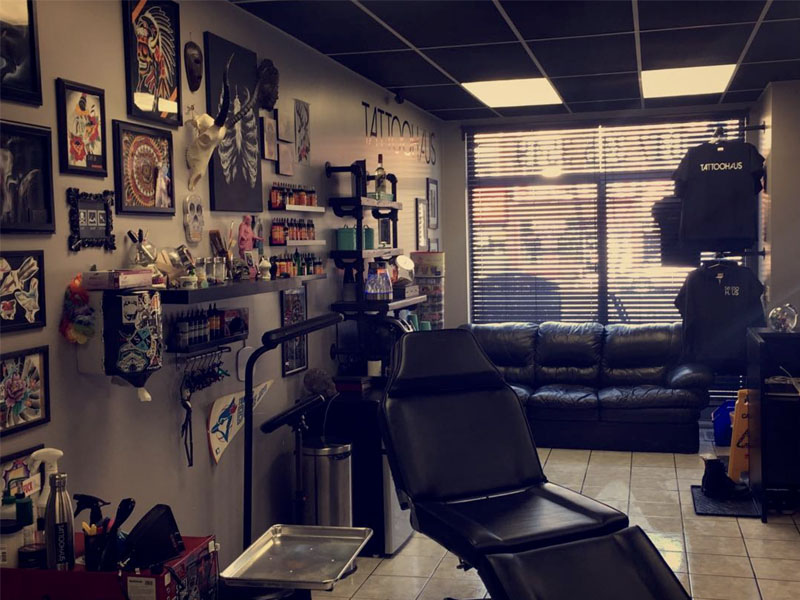
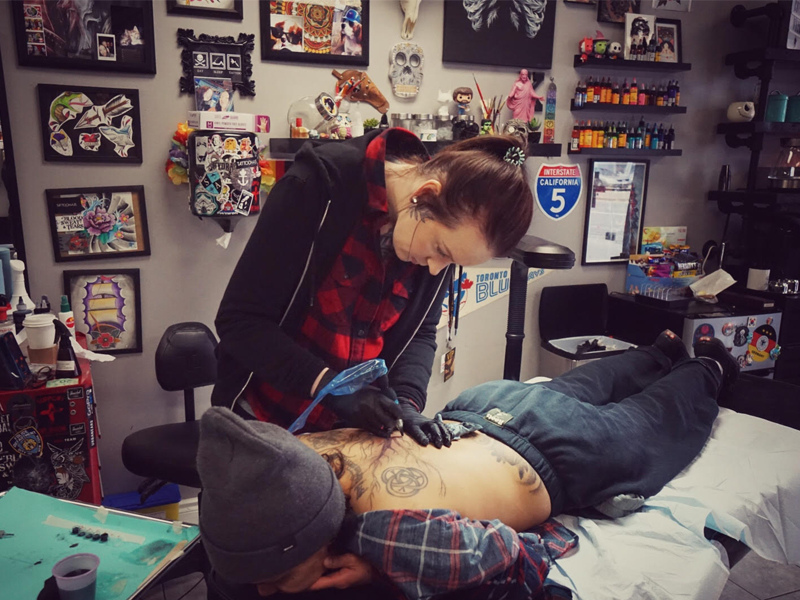
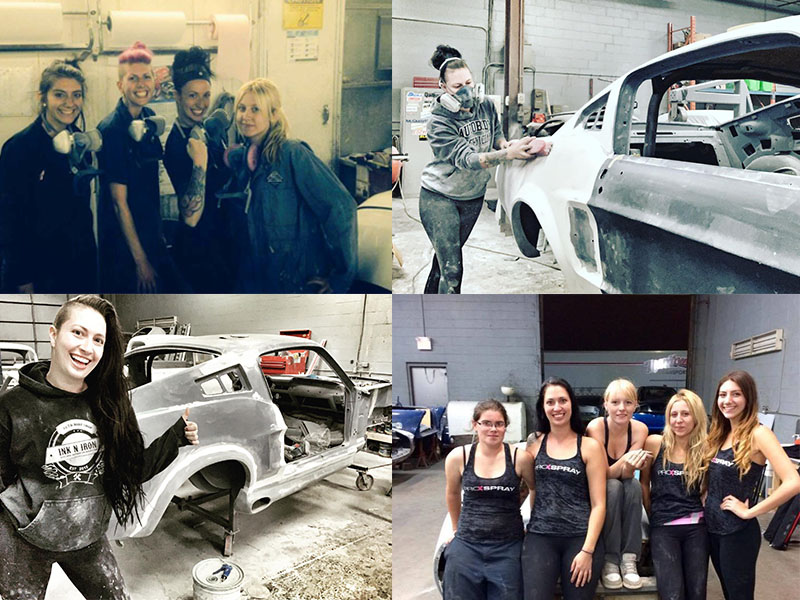
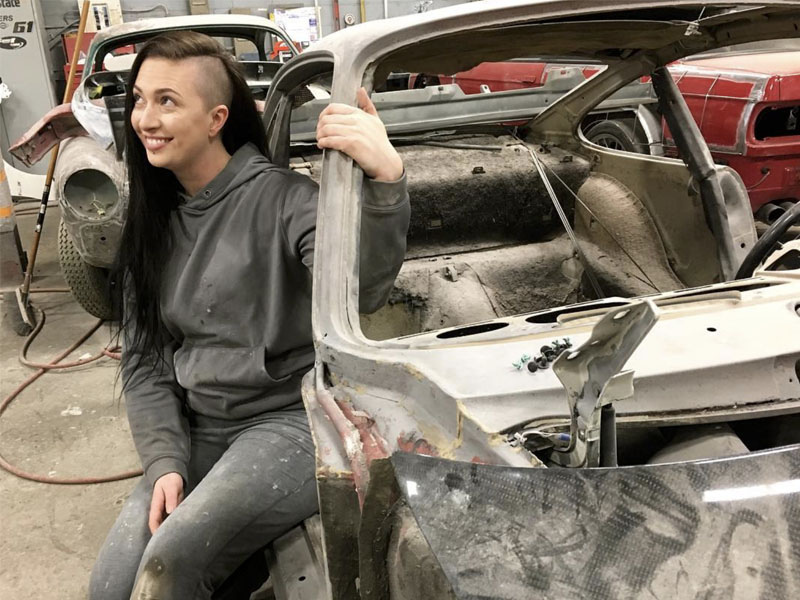
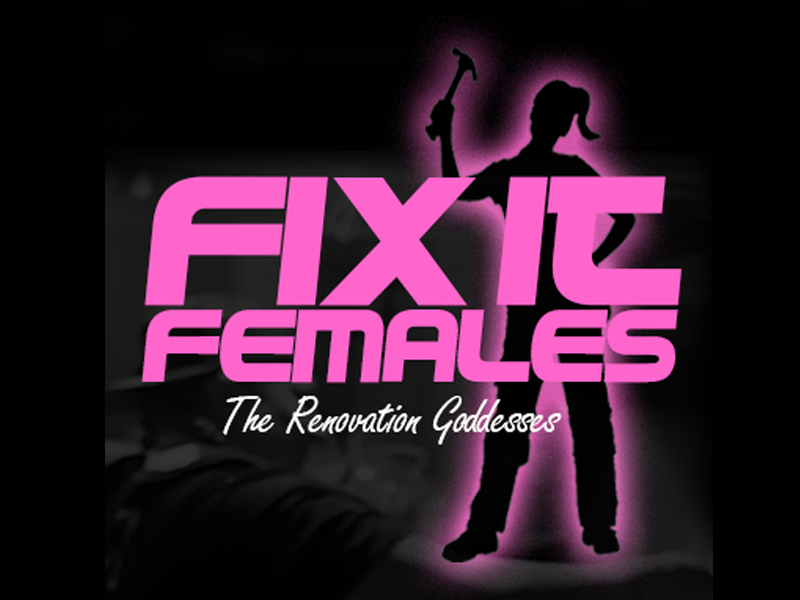

 RSS Feed
RSS Feed


